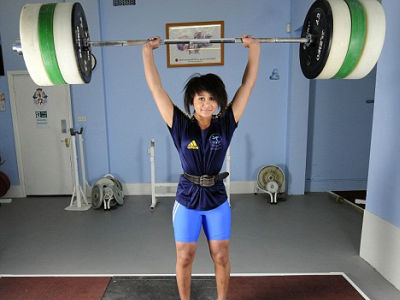The problem that not a few athletes suffer from 'mental distress' after the Olympics

There have been many reports of top athletes participating in the sports festival 'Olympic Games' having major mental problems after the competition.
Beijing 2022: why some athletes struggle with their mental health after the Olympics
https://theconversation.com/beijing-2022-why-some-athletes-struggle-with-their-mental-health-after-the-olympics-177008
According to a 2021 survey , about 24% of the 137 British athletes who participated in the Olympics or Paralympics were found to have experienced high psychological distress after their participation. Some of these athletes have spoken publicly about this type of psychological distress, for example , freeskiing Nick Goepper , who said he experienced depression after the 2014 Sochi Olympics, and swimmer Michael Phelps. Phelps also says he has experienced depression many times in the past.
There are many reasons why athletes may suffer from psychological distress, such as poor performance, negative impact on becoming famous, and reduced support from teammates. I can think of it. These psychological distresses may be considered unrelated if they perform well, but interestingly, even athletes who win medals or record their personal bests can suffer from psychological distress. matter. Athletes are in the spotlight during the Olympics, but as media appearances diminish and public interest diminishes, emotions such as depression and isolation can occur.

Lisa O'Halloran of Nottingham Trent University in the United Kingdom, who has seen many athletes as a sports specialist, recommends 'expanding your identity' as a way to avoid such psychological distress. It's easy for many athletes to devote themselves to sports from an early age and think that the sport itself builds its own identity, but if you think that being an athlete is your only identity, then performance. Your identity can easily be threatened by a decline, injury, or retirement.
A
'It's no wonder that less than 10% of athletes win medals at the Olympics, and it's no wonder athletes are disappointed by the disappointing results. However, we consider athletes to be more than athletes. Looking at it may be a way to help athletes after the competition, 'he said, adding that the people around him could support them.

Related Posts:
in Posted by log1p_kr







